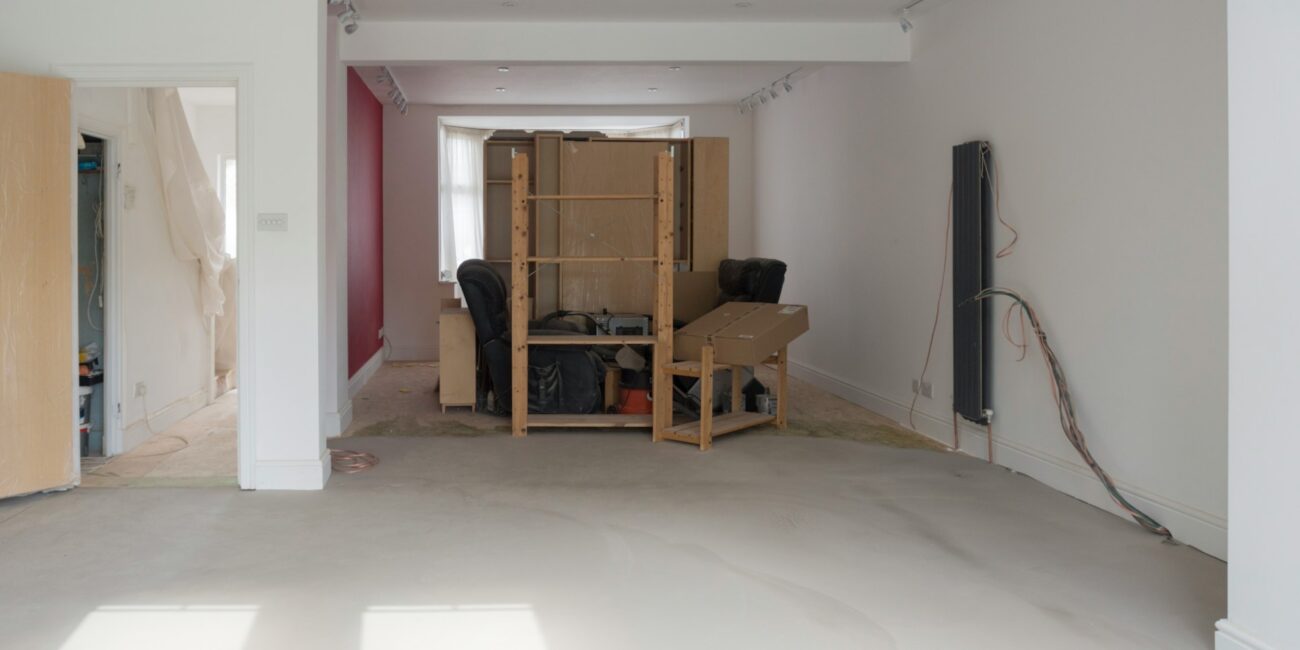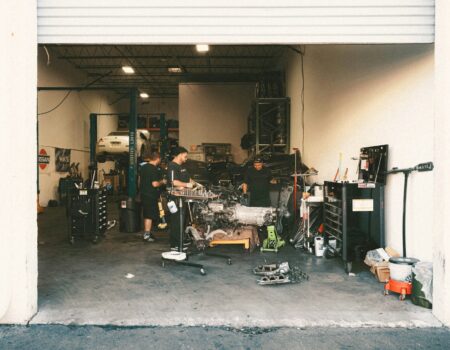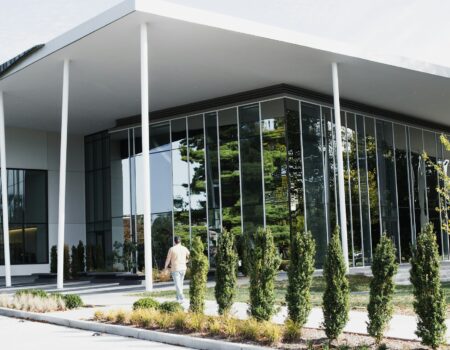Renovating your home can be an exciting yet challenging process. Whether you’re upgrading a kitchen, redesigning a bedroom, or adding entirely new spaces, the promise of transformation can motivate even the most hesitant homeowner.
Yet, mistakes made during renovations can turn your dream project into a stressful and expensive ordeal. This blog will guide you through the most common home renovation mistakes and provide practical tips on how to avoid them.
Whether you’re a first-time renovator or an experienced DIY enthusiast, you’ll walk away with valuable home improvement tips to ensure your project is as smooth and efficient as possible.
Plan for Success from the Start
Underestimating the Project’s Scope
One common error in home renovations is underestimating the time, cost, and effort required to complete the work. For example, what seems like a simple bathroom refresh could turn into a major issue if plumbing or structural adjustments are needed.
How to Avoid This:
Create a detailed renovation plan that accounts for all potential complexities. Consult professionals like architects, designers, or contractors to help you map out the project’s full scope. Factor in extra time and budget for unforeseen issues that may arise.
Skipping Professional Help
It might be tempting to cut costs by tackling major renovations on your own. However, not hiring the right professionals for complex tasks such as electrical work, plumbing, or structural changes is a mistake that could quickly escalate.
How to Avoid This:
For major renovations, hire licensed professionals to handle specialized tasks. For tasks you can tackle yourself, make sure you’re fully prepared and educated to carry them out effectively.
Budget Wisely
Ignoring a Contingency Budget
One of the biggest renovation mistakes is failing to allocate enough funds to cover unexpected issues. For example, hidden mold, outdated wiring, or structural problems can greatly increase your costs.
How to Avoid This:
Always set aside about 10-15% of your overall renovation budget for contingencies. This buffer will ensure you’re not caught off guard when surprises arise.
Choosing the Cheapest Options
While it might feel good to save money during your renovation, opting for the cheapest materials or labor can lead to higher costs down the line. Low-quality materials often wear out faster, and insufficiently experienced workers may deliver subpar results.
How to Avoid This:
Invest in quality materials and experienced professionals where it matters. Research and compare your options to get the best value without compromising on quality.
Communicate Clearly with Contractors
Poor Communication Leads to Misunderstandings
Miscommunication between you and contractors can result in unmet expectations or delays. Simple oversights on either end can potentially derail the project.
How to Avoid This:
Meet regularly with your contractor to review progress and clarify any details. Document every agreement in written form, including timelines, costs, and responsibilities for added clarity and accountability.
Balance Aesthetics with Functionality
Prioritizing Looks Over Practicality
Focusing solely on appearance without considering how spaces will function is a frequent remodeling mistake. For instance, a beautifully designed kitchen may lack sufficient storage or counter space, making its use inconvenient.
How to Avoid This:
Combine appealing design with practical functionality. Enlist the help of professionals who can balance aesthetics and usability when creating a space tailored to your needs.
Ignoring Long-Term Needs
Think beyond short-term trends or your current lifestyle. For example, open shelving may look great now, but does it suit your cleaning routine long-term?
How to Avoid This:
Design with the future in mind. Consider both current and anticipated uses of the space to ensure it remains useful and stylish for years to come.
Permits and Compliance
Skipping Permits
Skipping the required permits for renovations can backfire, especially if inspections or legal issues arise later.
How to Avoid This:
Research and obtain all necessary permits before beginning any work. Your contractor or local planning office can guide you through the process.
Failing to Follow Building Codes
Whether knowingly or unknowingly, ignoring building codes can result in unsafe structures, fines, and even difficulties selling your property.
How to Avoid This:
Work with qualified professionals who understand and adhere to local building codes. They can ensure your renovations are legally compliant and safe.
Final Touches Matter
Overlooking Small Details
Sometimes, finishing touches like trim, hardware, or light fixtures are left to the end of the renovation and may be rushed or overlooked entirely. Yet, these details can make or break the final aesthetic.
How to Avoid This:
Allocate time and resources to select and install high-quality finishes. They can elevate the overall look of your space and enhance its appeal without major additional costs.
Neglecting Post-renovation Maintenance
Once renovations are complete, many homeowners forget to plan for regular maintenance or cleaning, which can lead to premature wear.
How to Avoid This:
Set up a maintenance schedule for your newly renovated spaces to keep everything looking fresh and functioning optimally.
Key Takeaways
Home renovations can add tremendous value to your property and improve your quality of life, but only if approached thoughtfully.
By avoiding common renovation mistakes such as underestimating costs, ignoring maintenance, or choosing style over substance, you can set the stage for a successful project.
For more remodeling advice tailored to your unique vision, visit Mike The Builder, and explore expert insights on bringing your dream renovation to life.
Remember, with the right planning and knowledge, your next home improvement project can exceed expectations and transform your living space.







